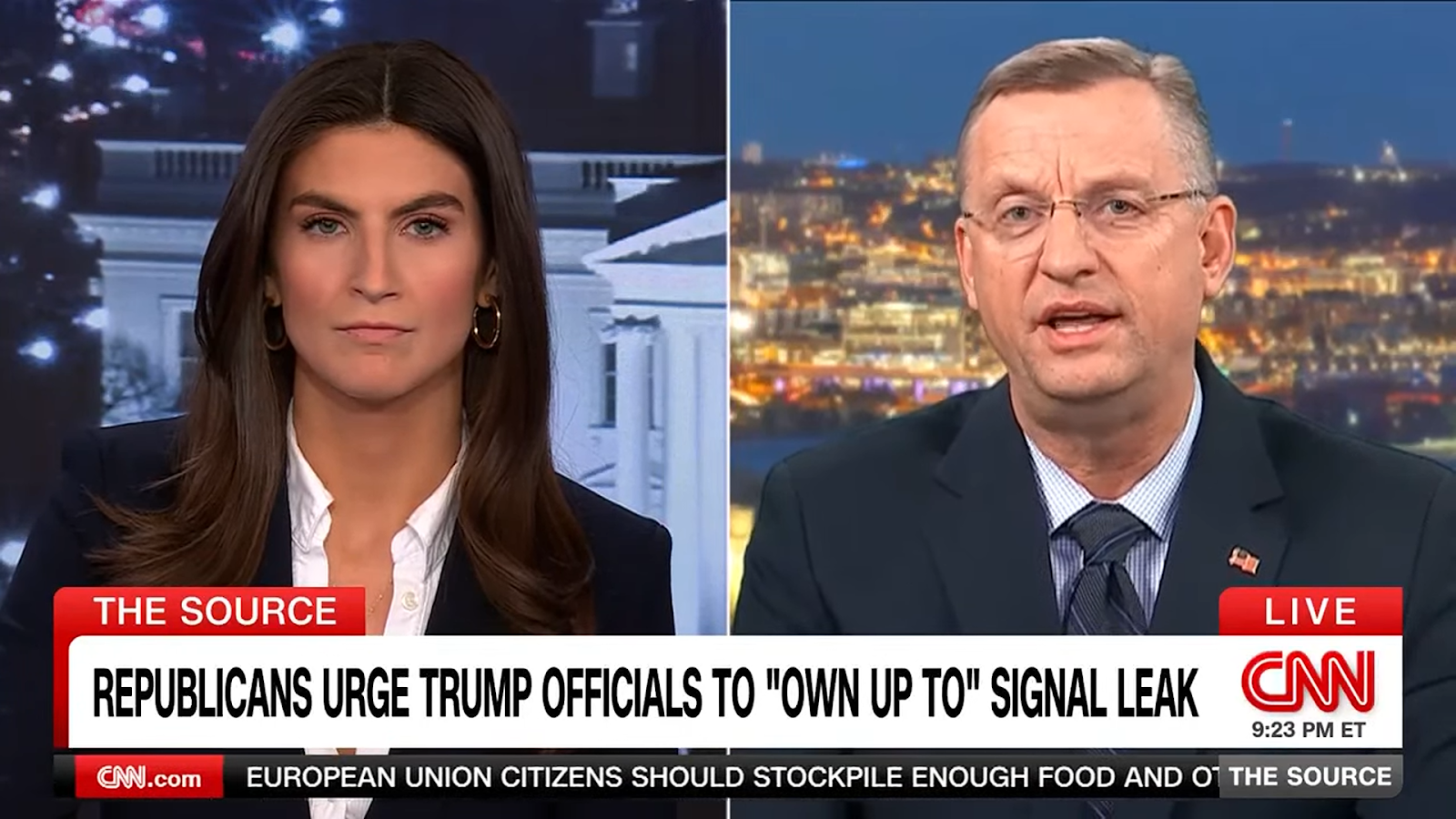Leftist media and midwits change meaning of ‘banned’ books.
The Evolution of the Word “Banned”
What does it mean to be “banned” in the year 2023? The media would have you believe that Florida schools are banning books, the leading edge of the Ron DeSantis fascist wave. But let’s take a closer look at the historical understanding of the term.
Before the Civil War, southern states banned abolitionist literature. That ban meant that postmasters (illegally!) searched the mail, seized anti-slavery tracts, and burned them. And it meant that people caught with abolitionist pamphlets faced the likelihood of arrest. The Soviet government banned Yevgeny Zamyatin’s work: They seized and destroyed all known copies, told editors and publishers the author was no longer allowed to publish, and sent Zamyatin into exile, where he died without ever seeing his own country again. During World War I, the federal government banned literature that discouraged military service, including tracts that criticized conscription. Anti-conscription literature was banned: It was seized and destroyed, and people caught distributing it were sent to prison.
Words have had meaning. They can again. When the media use a trigger word, a loaded term that evokes Nazis on the march or innocents being slaughtered in the street, look for the historical understanding of the term. We’re living through a Soviet-level redefinition of language.
The Amanda Gorman Controversy
In 2023, the tedious midwit poet Amanda Gorman posted on Twitter that she was “gutted” to discover that one of her poems had been “banned” by a school in Florida. But as others have already said, Gorman’s boring poem was moved from an elementary school library shelf to a middle school library shelf, without leaving the library:
Staff members on the school’s materials review committee ultimately decided four of the five books would be “more appropriate” for middle school-aged children and thus moved the books to the middle-school section of the library. A fifth book that also underwent review, Countries in the News: Cuba, was found to be “balanced and age appropriate” and was kept in place.
Minutes from a meeting of the review committee show the panel found the vocabulary used in Gorman’s poem was “determined to be of value for middle school students.”
A spokesperson for Miami-Dade County Public Schools told CNN that “no literature (books or poem) has been banned or removed.” “It was determined at the school that ‘The Hill We Climb’ is better suited for middle school students and, it was shelved in the middle school section of the media center. The book remains available in the media center.”
Let’s not let the media’s misuse of language distract us from the real issues at hand. This article was originally published at the author’s Substack, “Tell Me How This Ends.”
About the Author
Chris Bray is a former infantry sergeant in the U.S. Army, and has a history PhD from the University of California Los Angeles. He is the author of “Court-Martial: How Military Justice Has Shaped America from the Revolution to 9/11 and Beyond,” published last year by W.W. Norton.
" Conservative News Daily does not always share or support the views and opinions expressed here; they are just those of the writer."





Now loading...